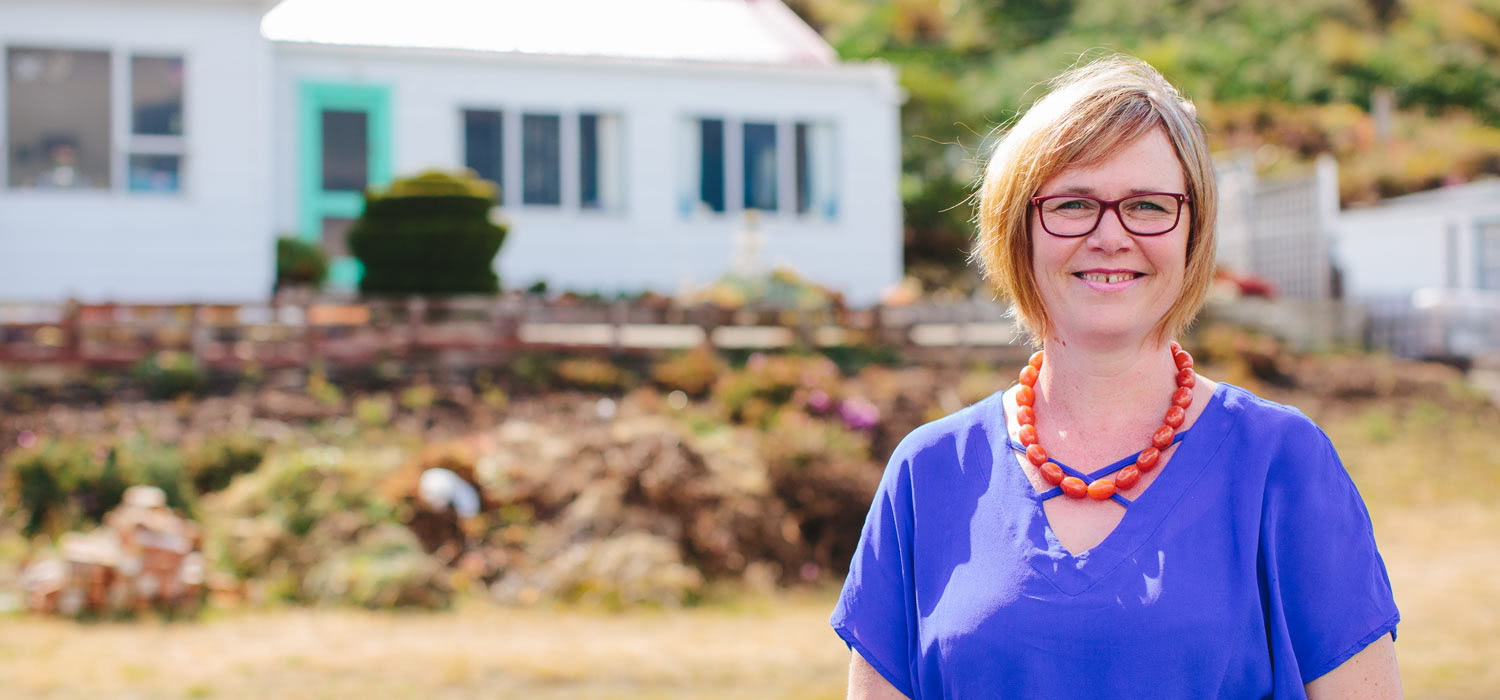
Bach behaviours
Holiday homes are not a new phenomenon in New Zealand, but there have been many changes due to shifting housing, land, fiscal and social policies; and changing trends in leisure consumption over the last 100 years.
Department of Tourism researcher Dr Trudie Walters says some of the earliest second homes were simply caves for men to stay while hunting or fishing. However, the introduction of the Annual Holidays and Family Benefit Acts in the 1940s changed thinking around leisure and affordability.
“People were able to capitalise on the benefit to invest in a bach – holidaying with the family and owning a second home was within the reach of more New Zealanders.”
Further changes came with less expensive air travel (particularly to and from Australia), higher prices resulting in owners renting out their properties (facilitated by new online booking systems) and a move away from tourist hotspots to more affordable areas.
Walters says there are implications for local government. While there is little data on this to help with planning, she believes local authorities need to monitor a range of factors that can impact on second home ownership.
“Low interest rates, for example, have allowed people to use their first home as leverage to buy. Other factors that may influence second home ownership include foreign exchange rates, trends in how people navigate the work/life balance and shifts in holiday patterns.”
Further implications include non-resident property owners voting in local elections, something that has been problematic overseas, and the renting trend's impact on local communities.